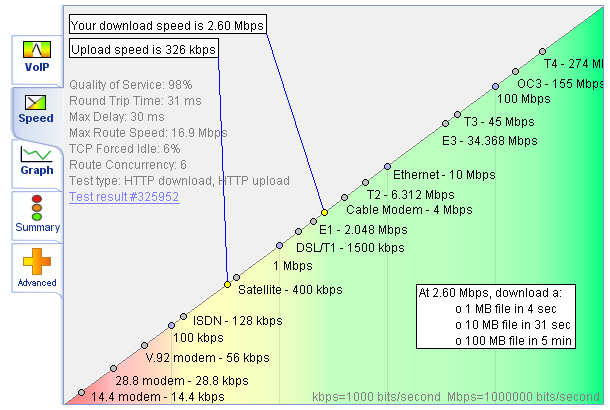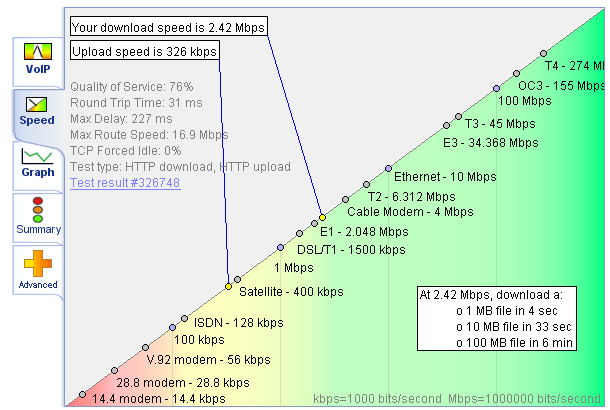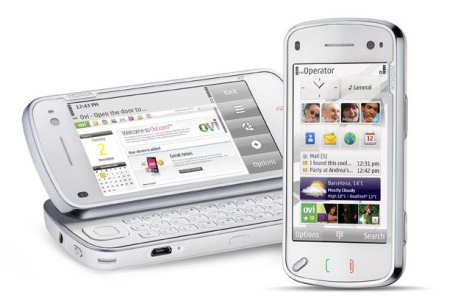Dec 12 2008
Google Zeitgeist 2008
Google published the Zeitgeist 2008 earlier this week. This shows the most popular searches on Google during 2008.
The results are broken down into separate results for each country, which is probably more useful than the overall results. One of the interesting things that I noticed is that the term Google is in the top 10 in many countries! I do not know why people search for this using Google, but my guess is that these people are not searching directly on the Google webpage. For example, I have Firefox configured so that I can type my Google search terms directly into the address bar.
It is also very interesting to see that certain terms that are directly related to well known websites, such as YouTube, appear in all of the EU results. Yet nearly all of the EU results have terms that are specific to the country or language. I do not recognise a lot of these ones!
The most popular search terms in Ireland were:
- Bebo
- Youtube
- Hotmail
- Yahoo
- Games
- You tube
- News
- Map
- gmail
Unfortunately, none of these search terms relate to Irish websites :(
The fastest rising search terms in Ireland were:
- utube
- google maps
- Youtube
- Nasza klasa
- Wiki
- RTE
- Maps
- Irish Times
- Yahoo! mail
Perhaps the most interesting search term on this list is for the Polish social networking website Nasza-Klasa. (This is the most popular search term in Poland.)
There is also an interesting observation about the list of most popular politicians in Ireland in Politician Declan Ganley more popular than Bertie says Google.
More details about the popular search terms in Ireland can be read in “Sarah Palin” the most searched query on Google. Unfortunately, Ireland is not included in the Google Zeitgeist page, and I am unable to find the official source!
The results presented by Google have been filtered to remove terms related to adult searches. I recall hearing that pornography related searches are by far the most popular. However, it seems that Google did not get the filtering totally right this time for the UK results. The original list (see Palin beats Obama in Google’s ‘zeitgeist’ rankings or 2008 Year-End Zeitgeist Around the World until the mistake is noticed) contained the term cam4 under the Fastest Rising category. Let me say that cam4 is certainly not suitable for viewing in work :o For more about this see Ooops, Google Zeitgeist lists a porn site.
Comments Off on Google Zeitgeist 2008



